January 8: You have been okay and you will be okay again
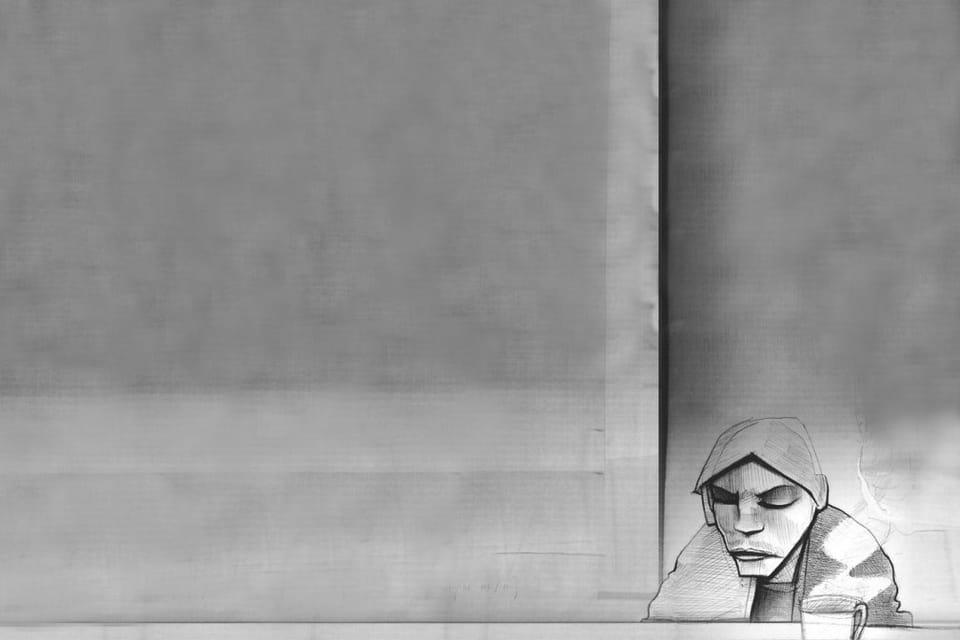
Happy New Year.
Since college, New Year has been my favorite holiday. All holidays are arbitrarily determined, of course. The accident of someone’s birthday, assassination, or papal edict somewhere along the line. But the specific arbitrariness of the New Year - an ordinary turning of the page in our collective calendars - has always felt like the most agnostic and inclusive holiday. I have no complicated feelings about the New Year in the same way I do about Thanksgiving or Easter. It’s just time passing on and we’ve all decided to mark that passage together. It’s a time for consciously misplaced optimism, where we agree to support each other’s biggest hopes and dreams, to withhold criticism about their likelihood, to spend a little time imagining a good future in each other’s arms.
I have spent every New Year since 2011 in the company of friends from college. They are some of my oldest and most constant companions. The same group of people that, despite being scattered to the wide winds of America, have found ways to get back together each year to commemorate who we’ve been together and who we still are. New Year’s 2020 was the last time more than a couple of us were able to see each other thanks to the rampaging virus which knocks every day at our door. That particular celebration was the great exclamation part at the end of my most difficult year. A year in which I lost best friends to conflict, communities to betrayal, and professional dreams to stagnation. I know for many others in my New Years’ crew it had been a hard year too. But still we gathered at my friend’s brewery in Philadelphia and partied.
We danced on bartops and we drank too many kinds of alcohol and we stared each other in the face and said “you have been ok and you will be ok again and you can trust me about that because you are loved” and we sang and we hugged and we ate and we joked and remembered and hoped. We looked forward at we didn’t know what but we knew we weren’t looking at what we had left behind and in that way we carried each other forward.
These last two New Year’s have sputtered in the memory of New Year’s 2020. Parties have been in short supply, distance has been the surest way to love. We spent one New Year helping a friend recover from surgery, and another sharing time with a friend whose partner isolated with the plague we’ve all become too familiar with. So, in smaller settings you find excess in whatever doses you can manage. You build the biggest charcuterie board you can muster and you make as much homemade pasta as you can and you share the bounty with whatever assembly you can gather around yourself. It’s a fortification from whatever’s next.
And that’s why, even now, I feel most at home in the New Year, when the page is frightening in its blankness and the chapter we’re about to write could go anywhere at all. Because we are the ones writing it and with any luck we’ll dance on bartops again before the next year comes around.
Watch: The Witcher on Netflix
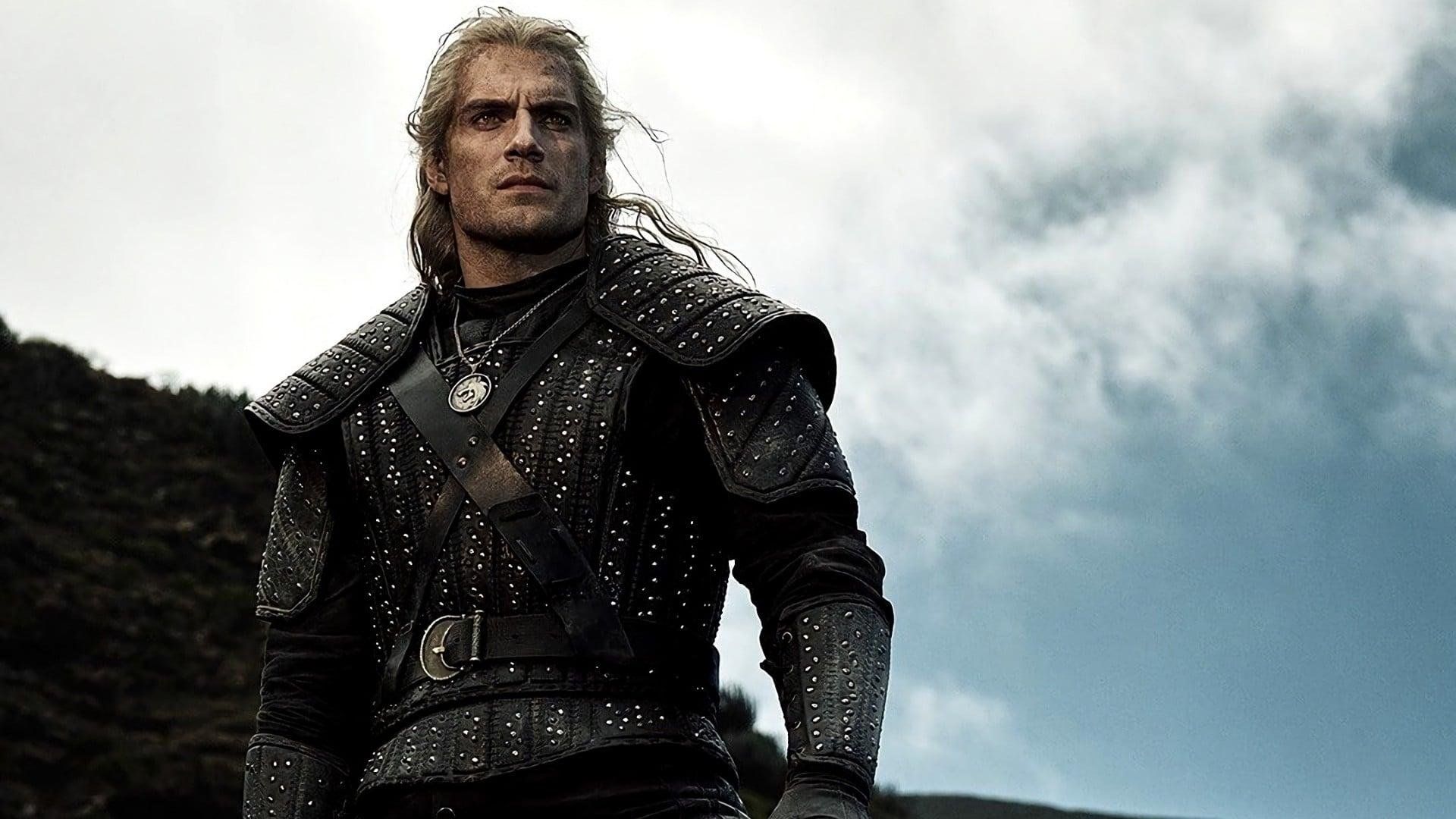
The hole Game of Thrones left behind when it went off the air was practically filled to the brim with bitter disappointment. What had begun as a refreshingly grounded take on low-fantasy politics ended in an expensive disaster that not only turned fans against the show, but for a while, seemed to turn TV execs against the idea of blockbuster fantasy entertainment at all.
Since GoT’s final episodes, a number of new fantasy ventures have emerged, but I’ve found none more compelling, exciting, and interesting than The Witcher. A friend of mine recently called The Witcher "House M.D. but with more literal monsters", and she’s not far off from the truth. While the world of The Witcher is full of big, political stories, kingdoms rising and kingdoms falling, its central characters - with one key exception - are on the margins of it all, only finding themselves entangled because of their personal or (and this is key) professional interests. That perspective creates a wonderful dynamic where the corruptions and backstabbing that often define these kinds of gritty fantasy stories are actively and sympathetically ridiculed by the show’s most important figures.
If that take on things isn't enough to entice you, here are two more things to consider. 1) Henry Cavill is a Harlequin Romance cover come to life and his campy performance walks that perfect line between lovable anti-hero and dangerous monster. 2) The monsters on display are visually inventive and often terrifying in an almost Del Toro-esque way. If you don’t mind a bloody mess and a whole lot of brooding, you should definitely give The Witcher a try.
Do: Notion
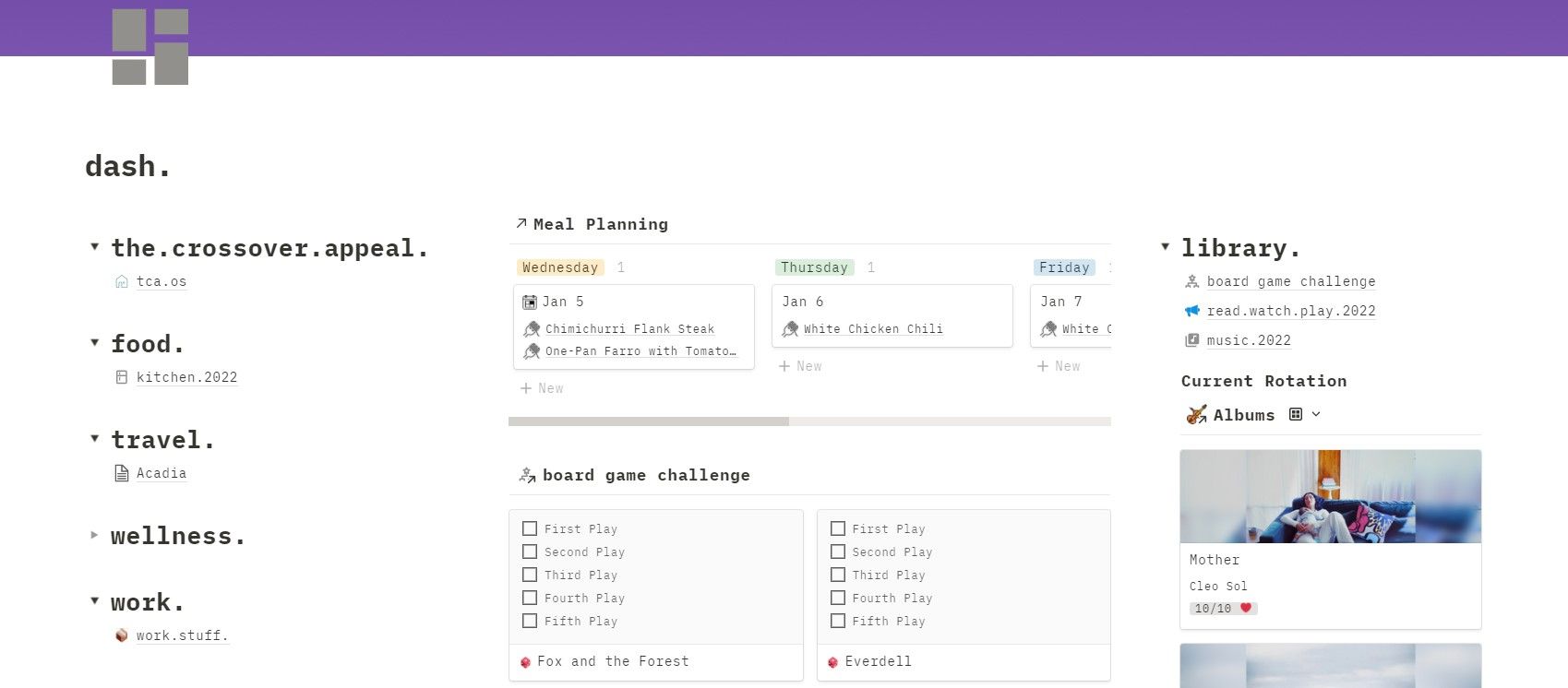
I think millennials have moved on from New Year’s resolutions to new rhetorical pastures. More than anything we revile setting ourselves up for disappointment, and so instead of resolving we set intentions, we get organized, and we develop systems that we can trust throughout the year. The past couple new years have seen me doing those things on one platform in particular: Notion.
On the surface, Notion is a notetaking app, much like Evernote or Drafts. And you can use it quite happily in that capacity. The interface is clean and if you’re a person who just needs to quickly type-type-type a few ideas up and move on, it’ll work great for that. But you’ll soon find if you google Notion enough that people are doing some remarkable things with this app - creating whole interactive dashboards, designing custom habit trackers, automating projects with recurring tasks and alerts. It’s overwhelming. In fact, the distance between the initial impression Notion makes and its full capabilities is so large, I’m tempted to describe the app as demure.
That gap is due to Notion’s killer feature: linked databases. These look like ordinary tables, great for keeping track of simple lists and attributes, but with a couple clicks suddenly you can transform that list into a filtered gallery, showing only the most essential info you need at a glance. Or you can connect a database of recipes to a calendar, letting you meal plan with a quick drag and drop. Or, maybe, like me, you want a way to track all your music, movies, books, and games in one spot instead of across a half dozen different apps - yeah it can do that too.
If in this new year you’re looking for a tool that will let you play forever with your own plans, give Notion a shot. It’s one of my favorite bits of software in the world.
Follow: Like Stories of Old on Youtube
I’m always on the lookout for new, independent creators putting out smart and sincere takes on movies, and the end of the year is one of the best times for that search. With everyone putting out their “best of 2021” lists, it’s a uniquely rich time to get a sampler of a whole bunch of film critics’ tastes. This year I discovered the channel Like Stories of Old by Tom van der Linden, and I couldn't be happier about it. Watching his recap of the year I was struck by how, even within the limited template of “best of” lists, Tom’s voice had a quiet and considerate kind of thoughtfulness to it. There was none of the hyperbolic excitement or hollow pageantry that often accompanies these kinds of lists. Instead, I found someone who dug deep to understand their own affection for these movies and who relished the chance to share them with an audience - an impulse I identify with enormously.
As I began to watch more of the videos on his channel, it became clear that this quiet thoughtfulness was its defining feature. The video essays on Like Stories of Old aren’t really about the films at all. Rather, they use films as a vehicle for Tom to explore large, complicated questions ranging from silence and existentialism to ecological despair to the possibility of beauty. The product of this approach are videos with a highly self-reflective aspect that invites you to consider alongside him how art, and cinema especially, might already inform your experience of the world around you, and indeed, your experience of yourself. Tom has been at this for more than five years, and over the past year of videos especially, that experience has really begun to pay dividends. The conceptual horizons of this channel simply extend much farther than most film criticism online. It was, for me, a refreshing and revitalizing find.
Listen: Burial - Untrue
William Emmanuel Bevan, better known as Burial, is a British electronic music producer from London who kicked this year off with a brilliant little EP full of ghostly sounds and sparse, ambient compositions. Listening to that new collection of tracks I’ve been revisiting his 2007 record, Untrue and remembering, holy cow, this is without a doubt one of my favorite records of all time. Back in 2017, Pitchfork called Untrue the most important electronic album of the century so far, and that still sounds about right to me. You can hear this album’s impact in music as far ranging as The XX, James Blake, Death Grips, Calvin Harris, and Skrillex. It’s the definition of a landmark album.
And yet, despite its enduring legacy, going back to listen to it again this week, I’m struck by how singular it still sounds. This isn’t a case where going to back to listen to the blueprint sounds old fashioned. The beats, synths, and pace of this thing still feel fresh, the tone still feels relevant, weirdly descriptive of our long pandemic parenthetical, and despite the relatively familiar playbook of future garage/dubstep that it’s working from, there’s nary a cliche to be found.
So, what does this album actually sound like? A steady, shuffling pulse. A dancing current of static, buzzing along the skin. A winter night outside a dance hall, sounds of traffic mingling with subterranean bass kicks. A soundtrack to your own loneliness that recedes forever off into the horizon. It’s just brilliant, and if you’ve never heard it, don’t let another year go by without giving it a spin.
That's it for the first edition of The Crossover Appeal in 2022. Thanks for being here. Be on the lookout for a lot of new content, as well. We tried streaming out for the first time this week - tune in at twitch.tv/thecrossoverappeal on Monday night for a deeper dive into this week's recommendations, and on Thursday night to watch me play through Inscryption, a weird and spooky bit of card-playing metafiction.
Thank you, as always for reading. Be well.
Jordan Cassidy

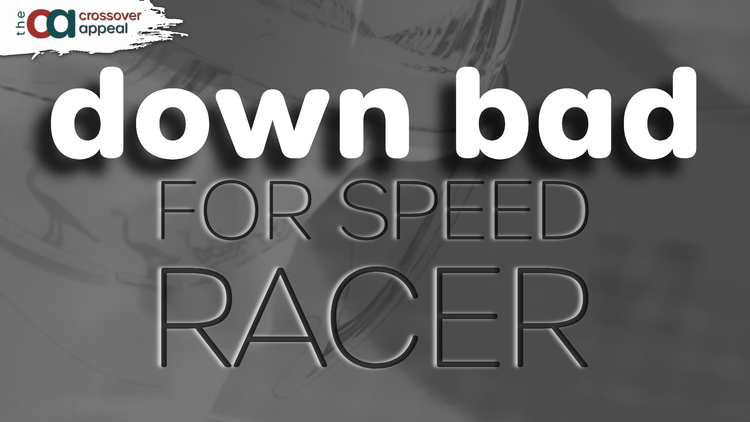
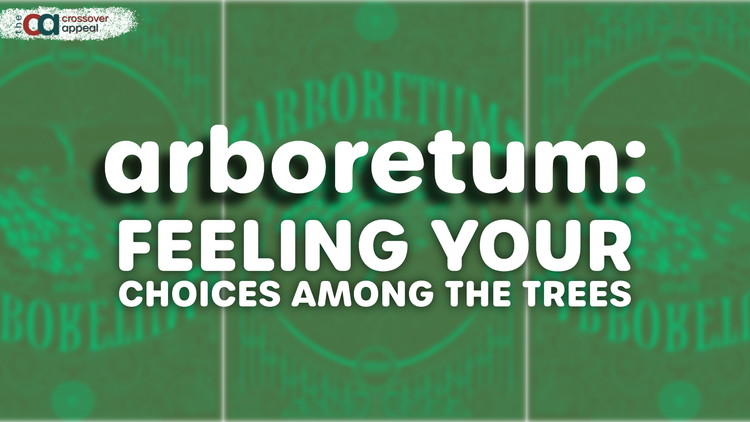
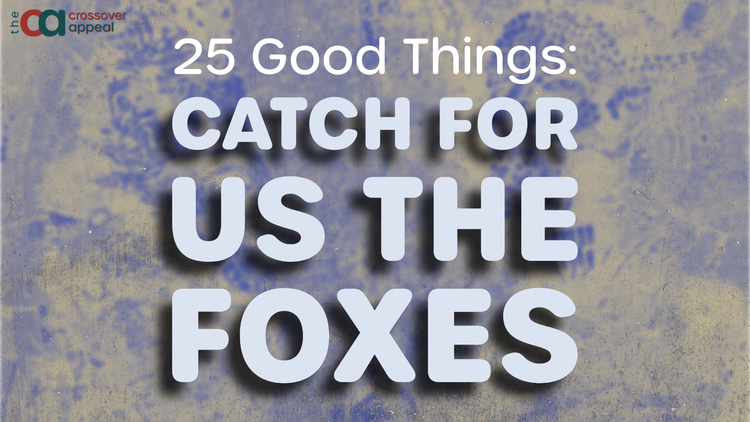
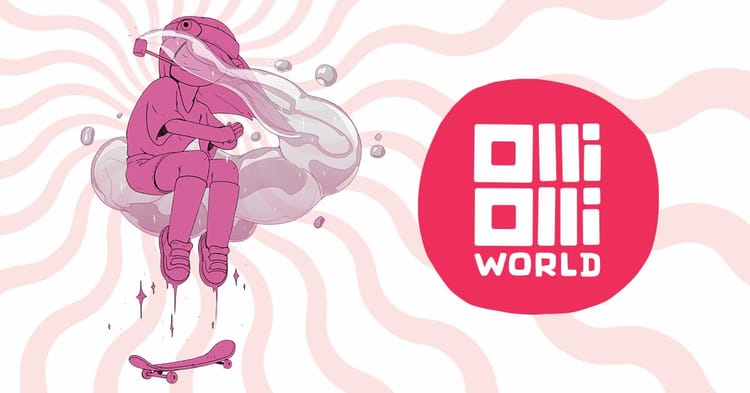
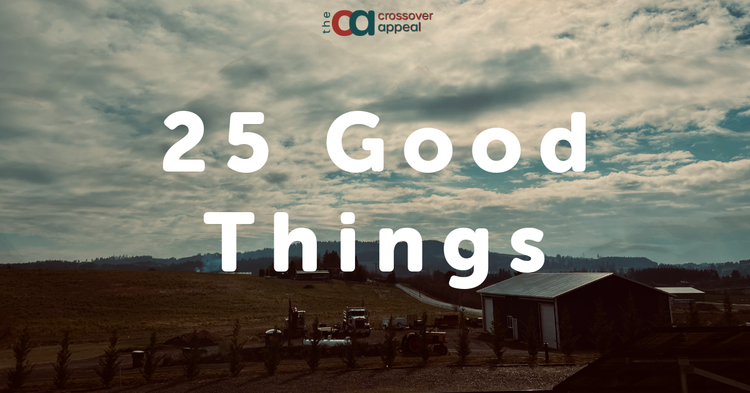
Member discussion